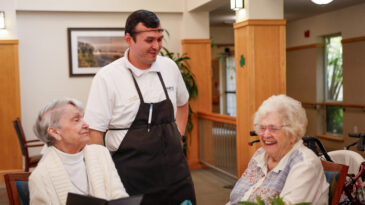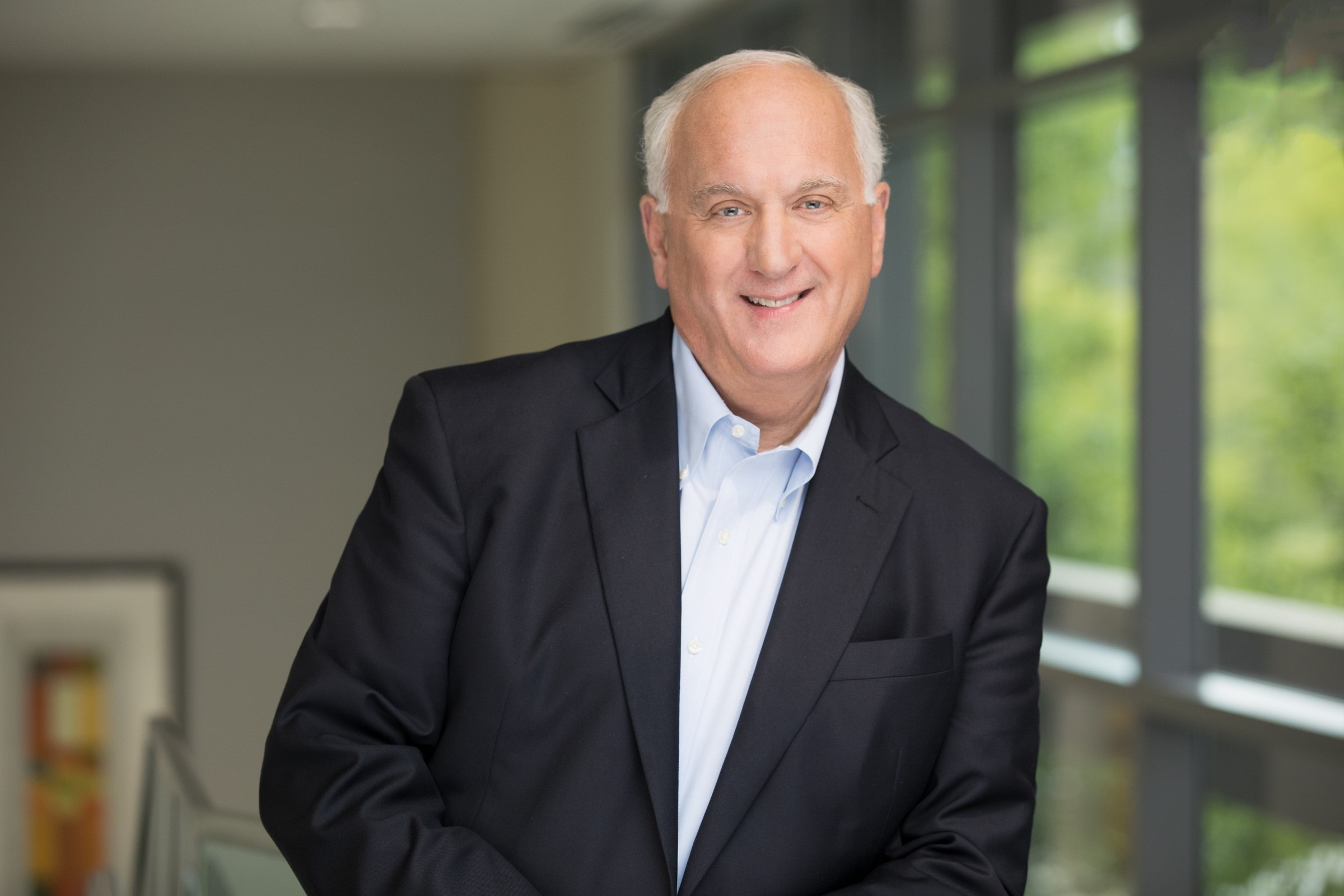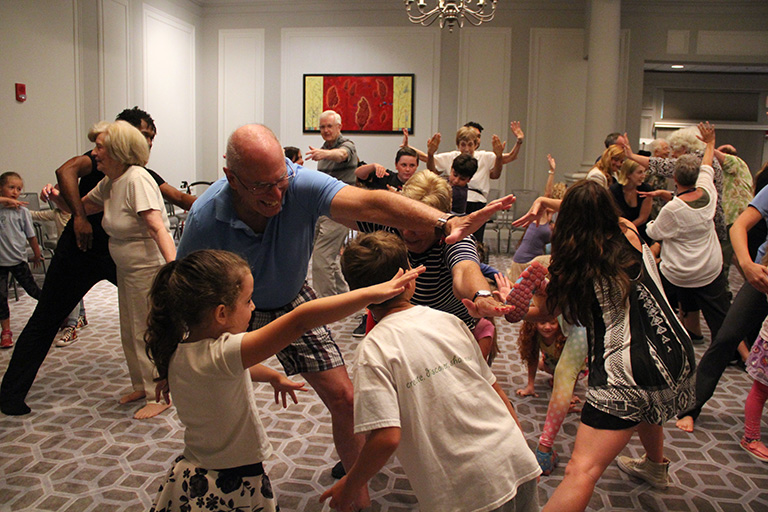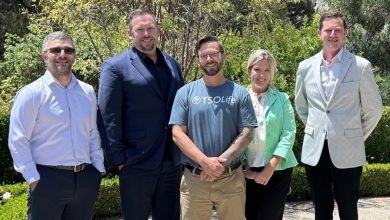
Hiring People with Disabilities is a Win for Senior Living Facility
By Cynthia Driver | October 2, 2025
Editor’s Note: This article was written and submitted by senior living executive Cynthia Driver. If you are a senior living executive at an organization or a community with an idea for an article that you’d like to write and publish in Senior Living News you’re welcome to submit your idea or written article to Jim Nelson at jnelson@seniorlivingnews.com. We welcome all ideas relating to senior living.
It’s no secret that the senior care industry faces an acute labor shortage, one that directly impacts quality of care and resident satisfaction.

A 2023 LeadingAge survey found that 92 percent of nursing home respondents and 70 percent of assisted living respondents report “significant or severe” workforce shortages. And then there’s turnover. The National Investment Center for Seniors Housing & Care reported an annual employee turnover rate of around 85 percent across all senior care positions.
At Eskaton, a senior care provider in Northern California, we have found a unique strategy to help address the labor shortage and retention challenges facing the senior care industry: Integrating employees with disabilities into the workforce to create a more stable and enriching environment for both staff and residents.
“Retention is a huge issue,” said Alfredo Cruz, executive director at Eskaton Gold River in Sacramento, California. “It’s important to recruit quality staff who truly care about the work they do and the population we serve.”
We have partnered with PRIDE Industries, whose mission is to create employment for people with disabilities, to introduce supported work groups into our workforce at Eskaton Gold River. With work groups, an agency like PRIDE Industries hires, trains, and manages employees onsite with an embedded job coach acting as a liaison with the employer to facilitate communication and success.
The team of employees with disabilities have exceeded expectations.
“I couldn’t even tell the difference between team members with disabilities and our non-disabled team members,” Cruz said. “It felt like they were all performing at high levels.”
The quality of work provided by the employees has been exemplary. “By no means did we have to diminish our standards to bring this team on board,” he said.
Paul Nelson, the director of culinary experience at Gold River, has been working with employees with disabilities and has seen firsthand the positive impact they have on the community.
“We had a lot of issues with people consistently staying with the job. This gives us a long-term solution rather than consistently training new people all the time,” he said.
Nelson pointed to the dedication of Andrew and Melvin, two employees with disabilities. Andrew, a server, has developed strong relationships with the residents, learning their names and their food and beverage preferences.
“Andrew knows all their names and has really pleasant conversations with them. The residents enjoy his presence,” Nelson said.
Melvin, who works in the kitchen, has been trained thoroughly and takes on extra cleaning tasks, ensuring that the kitchen runs smoothly.
“Melvin is a heavy lifter and doesn’t like to be idle. He always asks what he could be doing next,” Nelson added.
Lindsay Wagner, our regional director of life enrichment, noted that the initiative has brought consistency among staffing and positive feedback from residents.
“We’ve seen strong engagement between the residents and our team members,” she said. “It’s been a lovely partnership.” She emphasized the importance of inclusivity, and the meaningful work opportunities provided to individuals with disabilities, noting that everyone has something beautiful to offer in their skillset.
From my perspective as director of partnerships at Eskaton, we are committed to the highest standards of service for seniors and residents, and the team consistently meets or exceeds those standards, making this an ideal staffing solution.
We know that the turnover of team members directly correlates with the happiness and quality of life for residents. Having this steady group of team members helps to provide stability. The employment coach embedded with the team plays a crucial role in supporting the employees and ensuring they meet Eskaton’s standards. A key advantage of the work group model is that the coach makes sure the employers and employees are getting what they need.
The positive impact of hiring people with disabilities extends beyond the workplace. Nelson shared that Andrew’s job has given him purpose and direction, improving his personal life as well.
“Andrew writes poems about how much this job means to him and shares his poetry with residents,” he said. “They love Andrew, and he loves them. I don’t think most even know that he has a disability.”
There are many common misconceptions about hiring people with disabilities, and if you see the disability first, that is a limiting mindset. When you look first at the disability, you don’t see the individual’s abilities.
In this field, the integration of people with disabilities into the workforce is a wonderful match because there are similar assumptions around aging and people’s capabilities. Just because you’re a certain age, people often assume you have physical or mental limitations, and having seniors paired up with employees with disabilities can remove both stigmas at once. Seeing them work together in concert is wonderful.
Employing people with disabilities has proven to be a successful strategy for Eskaton to overcome high turnover and improve resident satisfaction. By embracing meaningful work opportunities for individuals with disabilities, we have created a stable and enriching environment for both team members and residents.
As Cruz puts it, “You have no idea what you’re going to learn from individuals with disabilities. They can teach us much more than those without.”
This article has been lightly edited for style and formatting.





